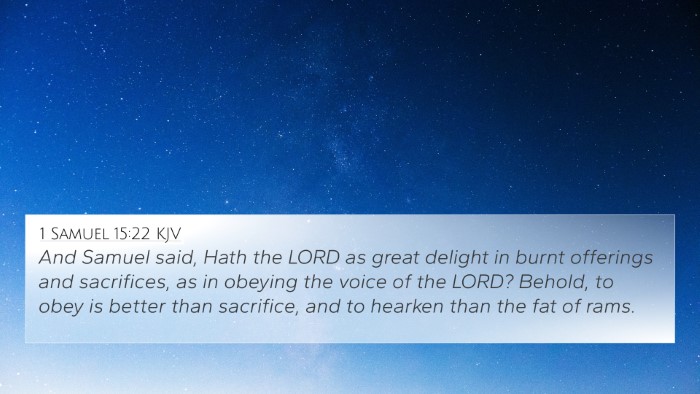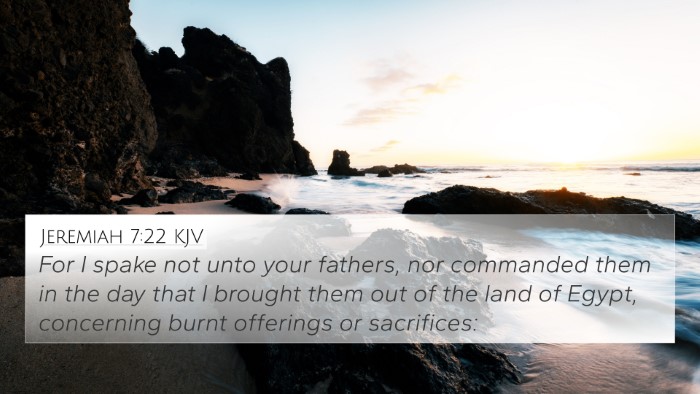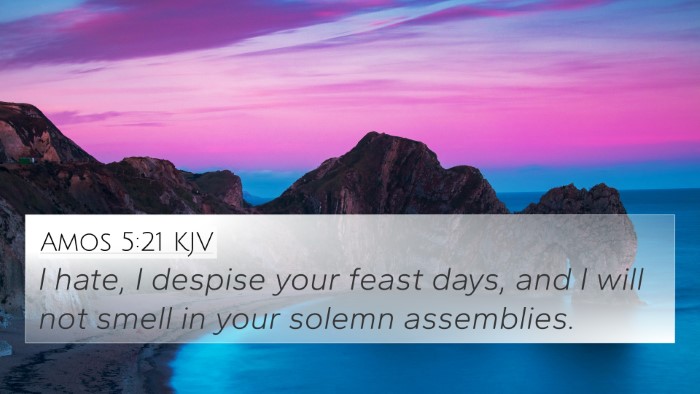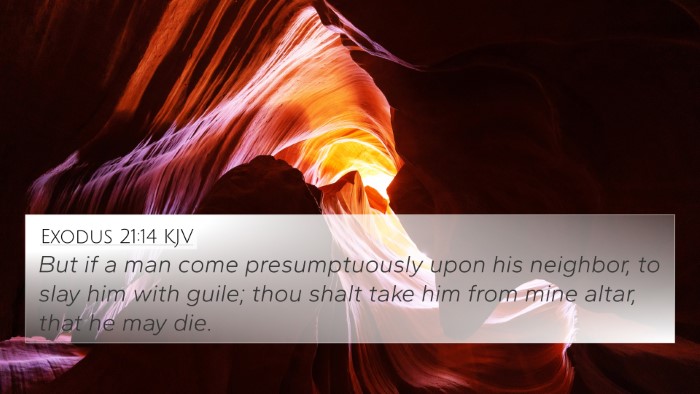Psalms 51:16 - Understanding the Verse
Psalms 51:16 states: "For You do not desire sacrifice, or else I would give it; You do not take pleasure in burnt offerings."
This verse articulates the essence of true repentance and the understanding of God's requirements versus mere ritualistic practices. The Psalmist, traditionally believed to be David, reflects on the nature of God's expectations when it comes to worship and atonement.
Key Insights from Public Domain Commentaries
Various biblical commentators have offered insights into this verse, clarifying its meaning and significance within the broader context of scripture. Below are some key interpretations and reflections from noted biblical scholars:
-
Matthew Henry:
Henry emphasizes that God values heartfelt repentance over ritualistic sacrifices. In his commentary, he mentions that external observances like sacrifices are meaningless unless accompanied by genuine contrition and a renewed heart. Henry argues that the heart is where true spirituality begins, and God seeks a relationship with His people that transcends mere ceremonial acts.
-
Albert Barnes:
Barnes provides a perspective that underlines God's desire for loyalty and sincerity in worship. He notes that while the Old Testament law required sacrifices, God prefers the offerings of a contrite heart as true worship. He connects this sentiment to the idea that obedience and submission to God's will are of greater value than traditional sacrifices.
-
Adam Clarke:
Clarke expands upon the theme of divine favor. He suggests that the sacrifices God truly cherishes are those characterized by a spirit of humility and brokenness. Clarke also references the connection between this verse and the concept of internal transformation versus external compliance, indicating that God's grace operates within the soul of the believer.
Cross-References for Psalms 51:16
There are several other verses in the Bible that resonate closely with the themes presented in Psalms 51:16:
- 1 Samuel 15:22: "Has the LORD as great delight in burnt offerings and sacrifices, as in obeying the voice of the LORD?"
- Isaiah 1:11-12: "To what purpose is the multitude of your sacrifices to Me? ... I have had enough of burnt offerings."
- Micah 6:6-8: "With what shall I come before the Lord? ... He has shown you, O man, what is good; And what does the Lord require of you."
- Hebrews 10:5-6: "Sacrifice and offering You did not desire, but a body You have prepared for Me."
- Matthew 9:13: "But go and learn what this means: 'I desire mercy and not sacrifice.'"
- John 4:24: "God is spirit, and those who worship Him must worship in spirit and truth."
- Romans 12:1: "Present your bodies as a living sacrifice, holy and acceptable to God, which is your spiritual worship."
Thematic Analysis and Connections
The essence of Psalms 51:16 demonstrates several significant themes within scriptural connections, focusing on the heart's condition in spiritual practices. Below are thematic connections identified by scholars:
-
True Worship: Illustrated through the emphasis on the inner disposition of the worshipper rather than mere observance of rituals.
-
God's Preference for Mercy: As seen in both the Old Testament and New Testament, emphasizing the need for compassion and authenticity in faith.
-
Contrition and Repentance: The associated verses collectively advocate for a spirit of repentance juxtaposed against the need for sacrificial offerings.
-
Faith Over Works: Emphasizes that relationship with God is predicated on faith and sincerity, as opposed to solely actions or sacrifices.
-
Spiritual Transformation: The call for an inner change reflects themes of renewal and the transformation of the believer's heart and mind.
Tools for Cross-Referencing Biblical Texts
For those interested in exploring the connections between Bible verses further, numerous resources and methodologies can aid in cross-referencing. Some recommended tools are:
- Bible Concordance: A dictionary that aids in locating verses and understanding word meanings.
- Bible Cross-Reference Guide: Helps to find related verses across the scriptures.
- Cross-Reference Bible Study: Encourages linking themes, ideas, and narratives throughout different books.
- Bible Reference Resources: Comprehensive materials that support deep study into scripture intersections.
Conclusion
Psalms 51:16 challenges believers to reflect on their spiritual practices and their meaning in God's eyes. The insights from various commentaries reveal that God desires not mere external observance, but an authentic relationship characterized by a transformed heart. The cross-references provided enrich understanding, illustrating the interconnected nature of scripture and the consistent message of God's call for sincere worship.



















